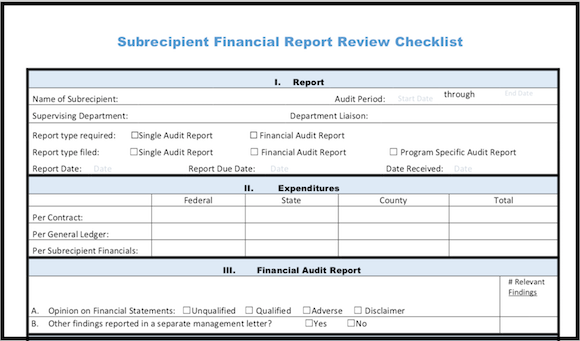|
In accounting, a “close” refers to what used to be a literal “closing of the books,” meaning when an accountant enters an accounting period’s final entries into the ledger and creates the appropriate financial reports from it. Closing entries verify that all the numbers in the accounting period at hand are accurate and balance out. How long an accounting period is, depends on each government, and most differentiate between a “soft” close, which may occur more frequently, and a “hard” close, which may occur only once a year.
Soft vs. Hard Close
Most local governments in California perform a “soft close” of their accounting records each month. As a result, they are generally pretty good at it.
A soft close usually entails:
By contrast, most governments perform a “hard close” only at fiscal year-end. Because of this infrequency, employees tend to forget details and timing of tasks and have difficulty locating relevant information from prior years. The hard close at fiscal year-end usually entails:
Closing Plan
To make the process of the fiscal year-end “hard close” easier, it is extremely helpful to have a written annual closing plan. Such closing plan identifies every task that needs to be done to close the books, prepare the annual financial report, and coordinate with the outside auditors.
The plan provides the following benefits:
Every government’s closing plan will be different based on their financial system, deadlines for filing financial statements, preferences of management and auditors, information disclosed in the financial report, and so on. However, there are numerous steps that are the same for all governments. The closing plan can be as detailed as is helpful to assure timely and accurate completion of the closing of the books and the preparation of the financial statements.
Please click here to see a Sample Closing Plan that can be tailored to your government’s circumstances.
(Click the link above to download and view the plan in editable Excel-format.)
If you have more questions related to the accounting close procedure, feel free to reach out to Kevin directly:
Kevin Harper, CPA kharper@kevinharpercpa.com (510) 593-503
If you'd like to get more free tips, as well as downloadable tools and templates for your agency, please join our mailing list here!
(We’ll send you a monthly curated selection of our blog posts. You can unsubscribe at any time.) |
The Government Finance and Accounting BlogYour source for government finance insights, resources, and tools.
SEARCH BLOG:
Meet the AuthorKevin W. Harper is a certified public accountant in California. He has decades of audit and consulting experience, entirely in service to local governments. He is committed to helping government entities improve their internal operations and controls. List of free Tools & Resources
Click here to see our full list of resources (templates, checklists, Excel tools & more) – free for your agency to use. Blog Categories
All
Need a Consultation?Stay in Touch! |
Search Across Entire Site:
HELPFUL LINKS:
|
461 2nd Street, #302
San Francisco, CA 94107 (510) 593-5037 KHarper@kevinharpercpa.com |




 RSS Feed
RSS Feed